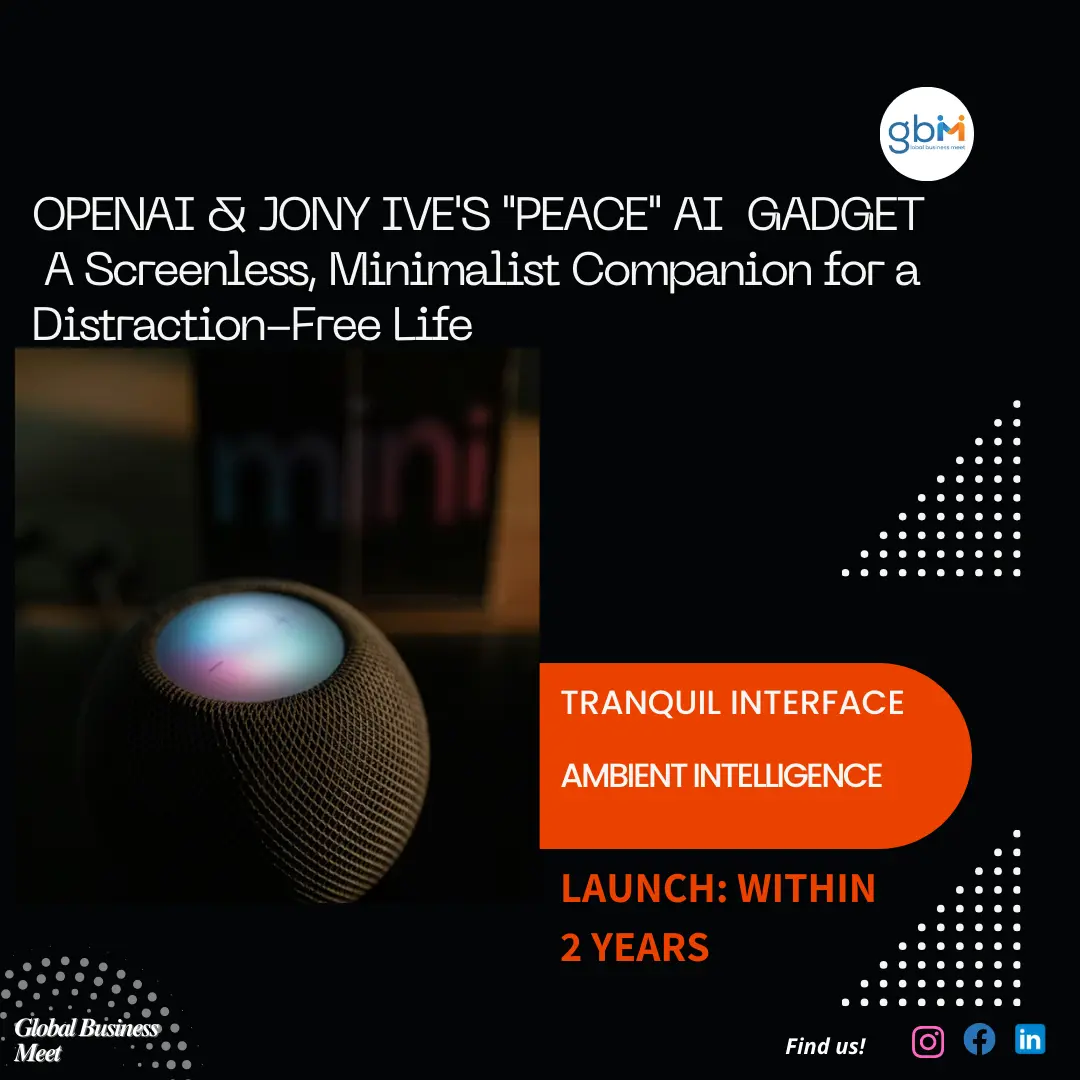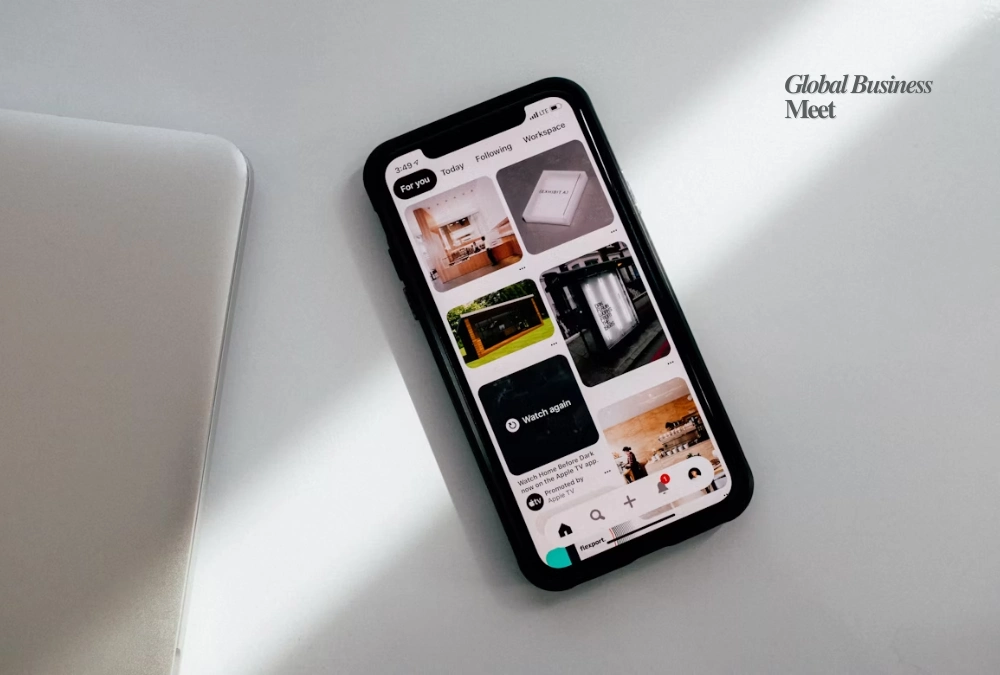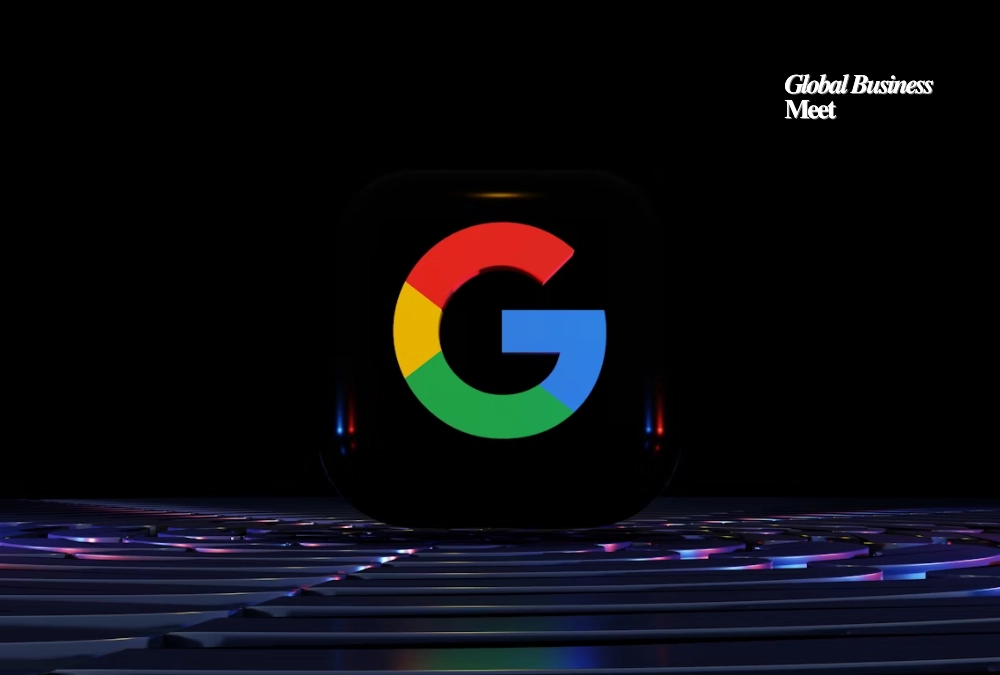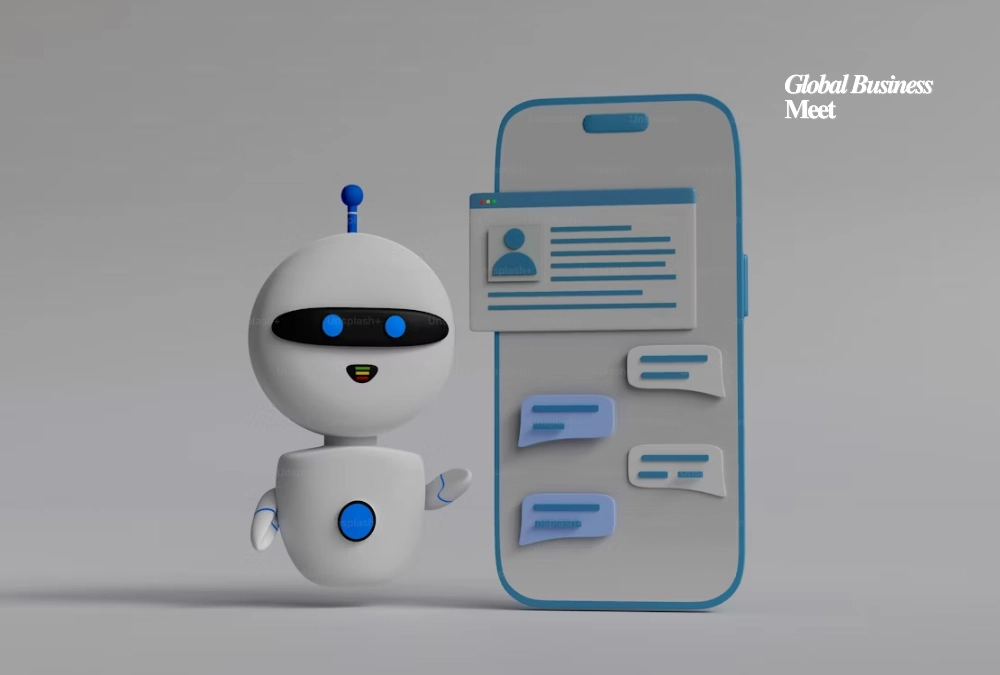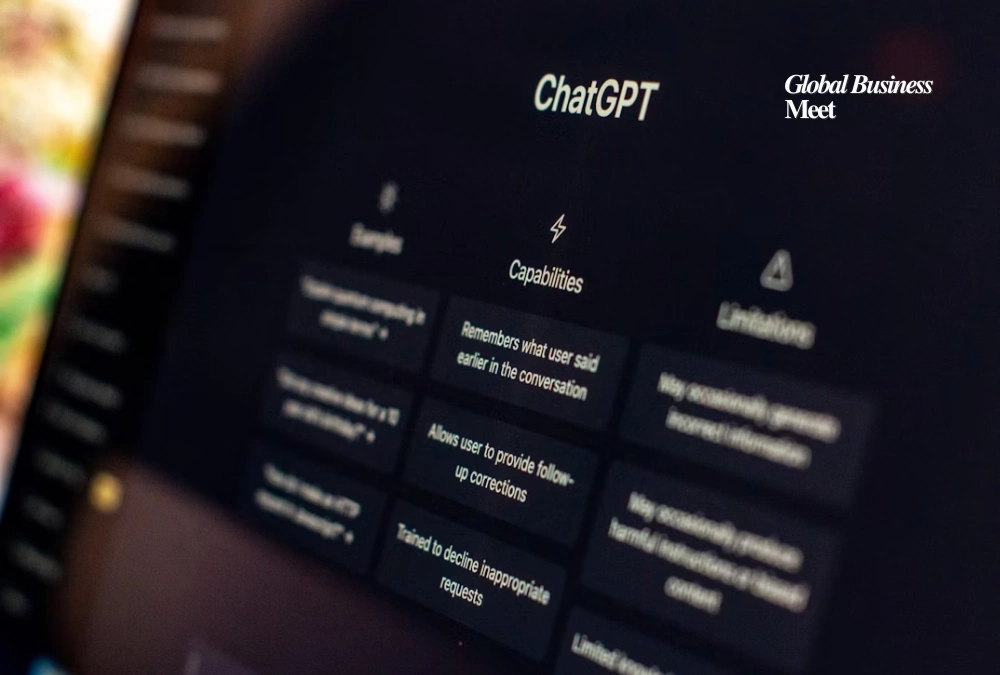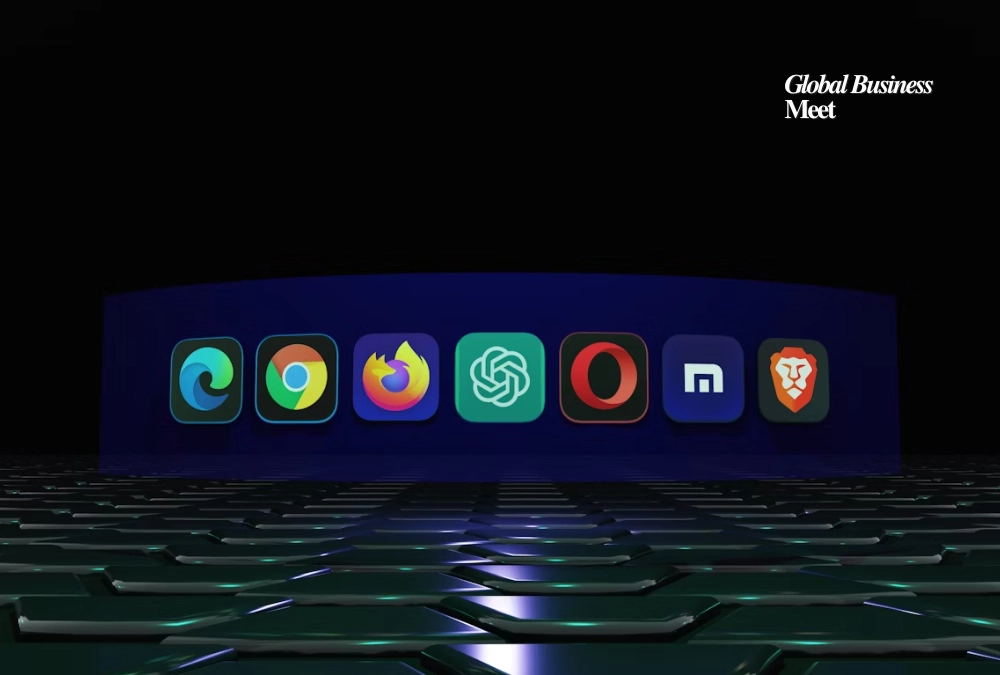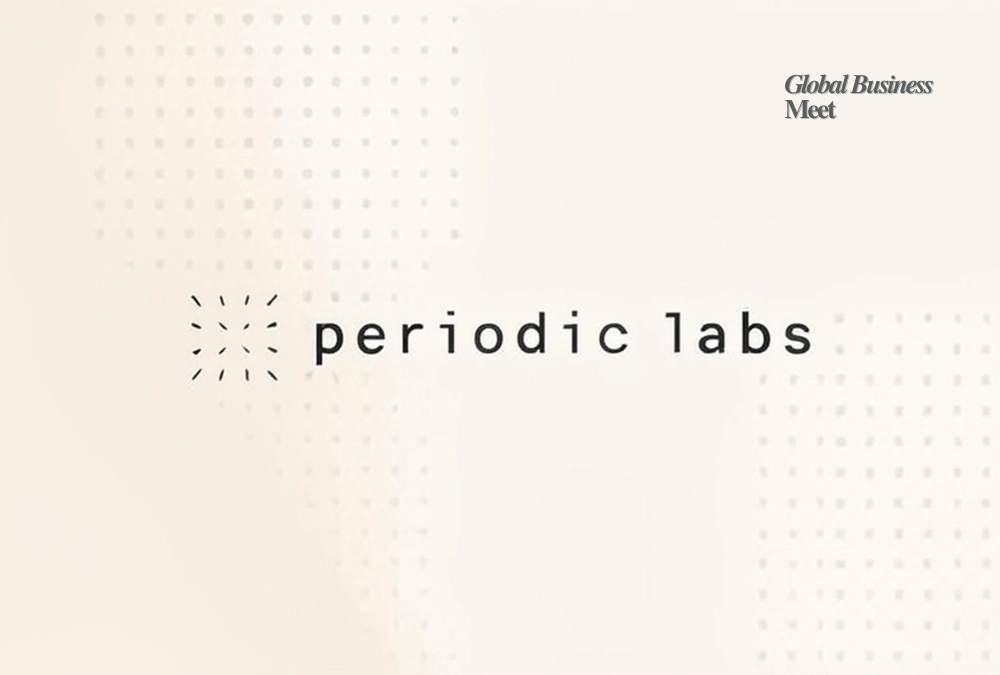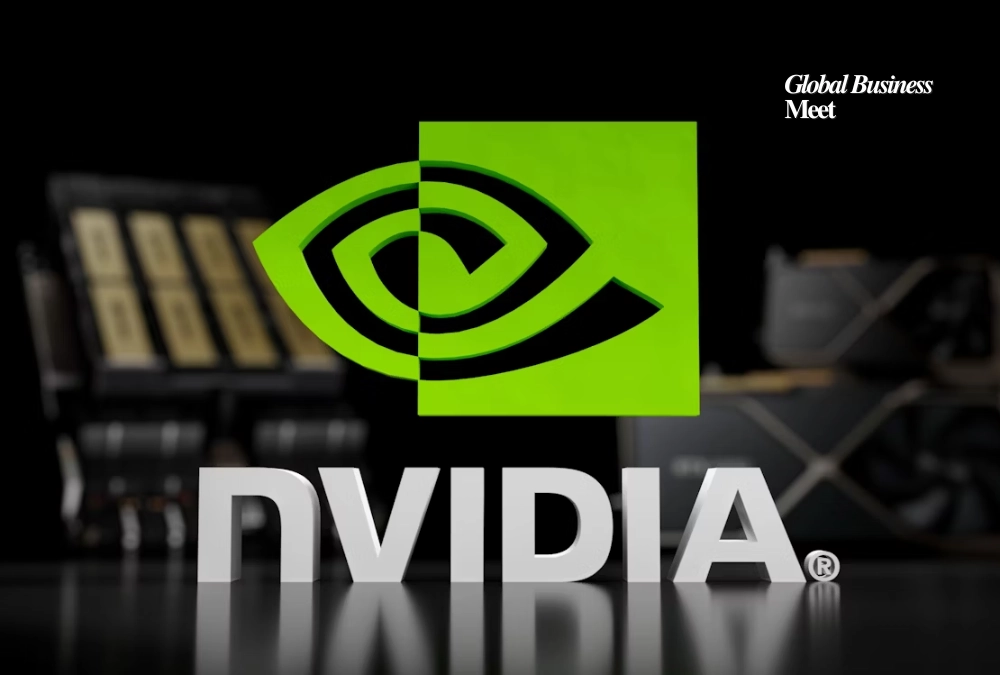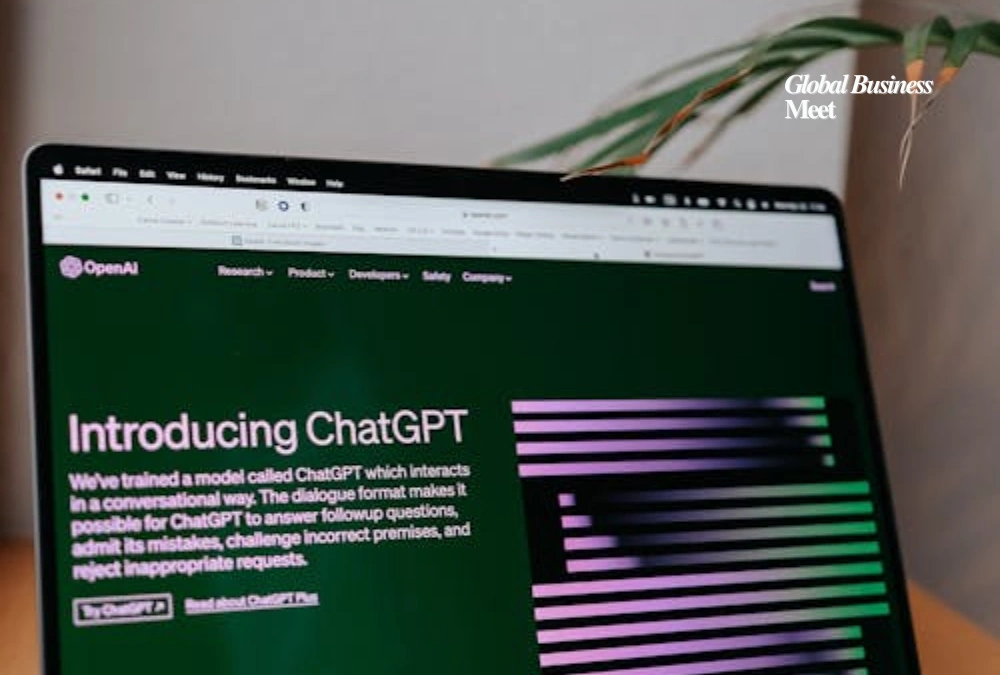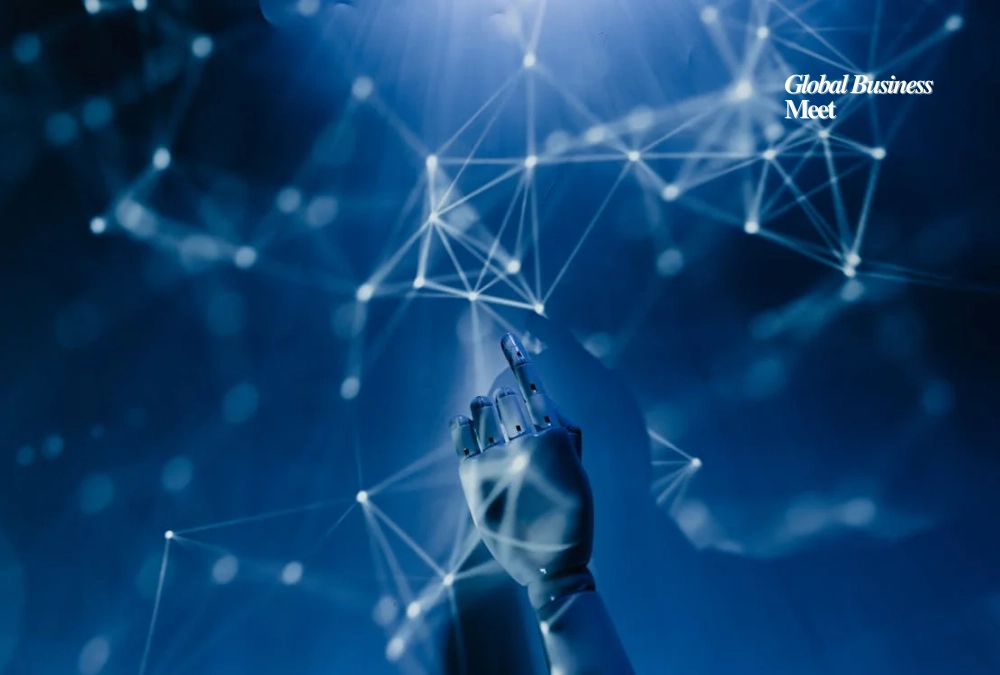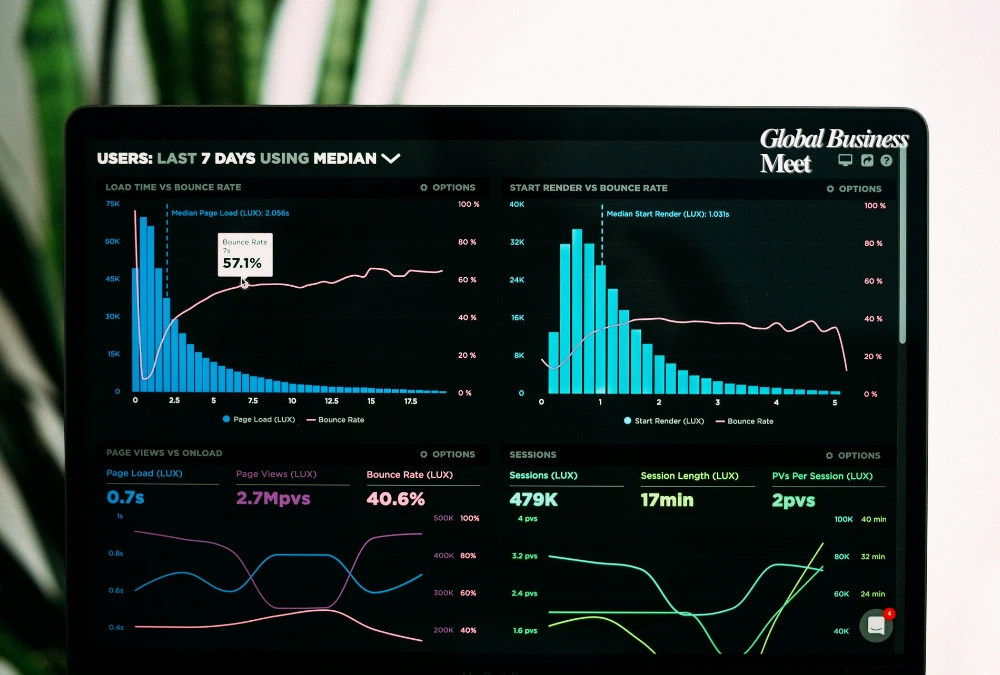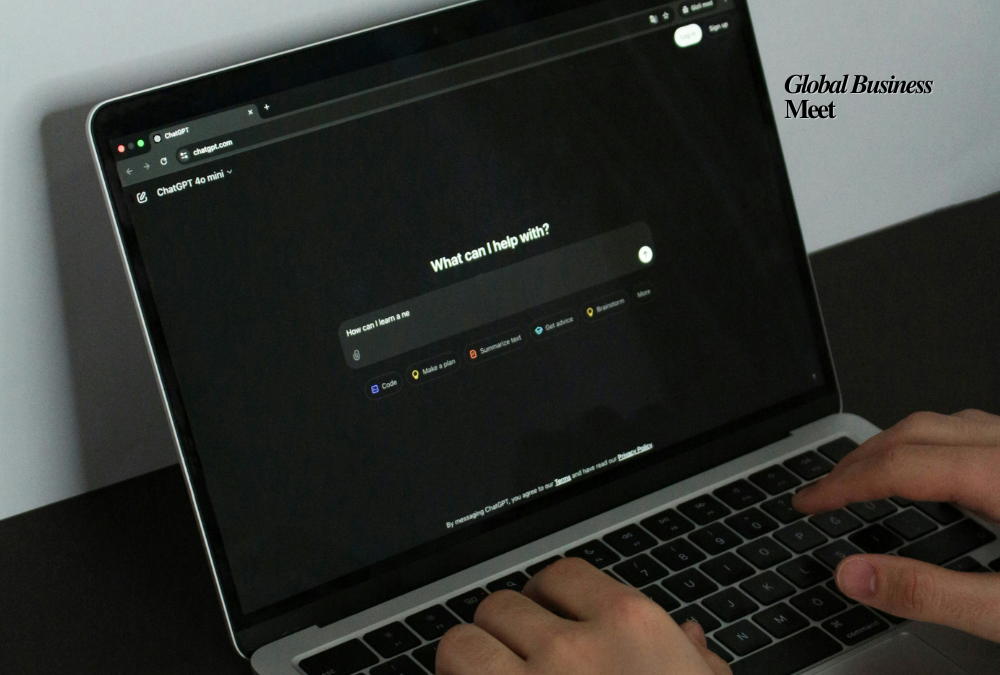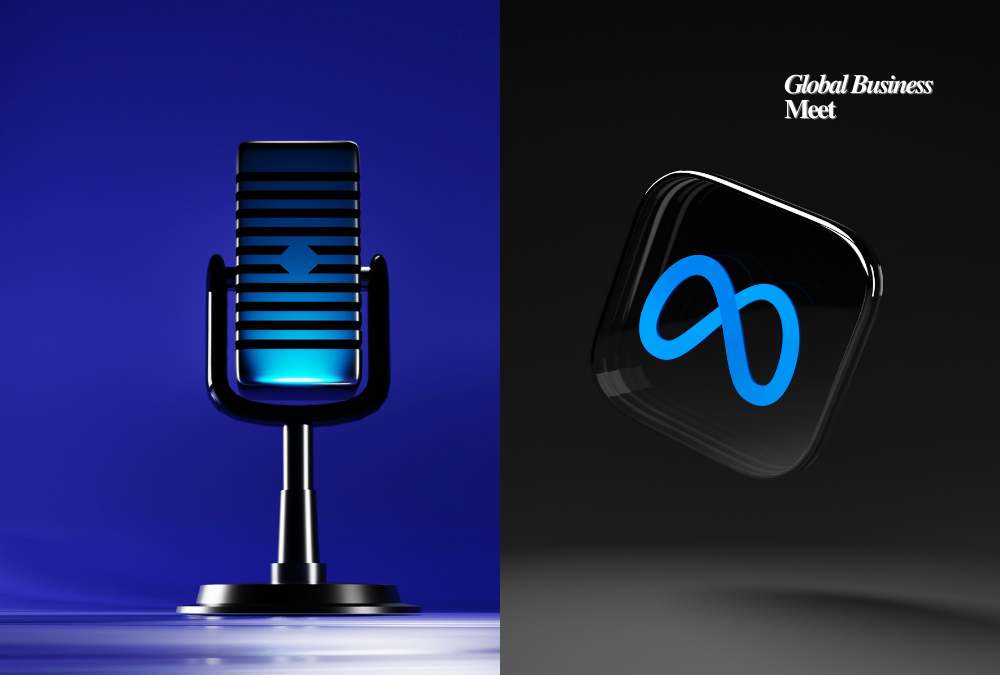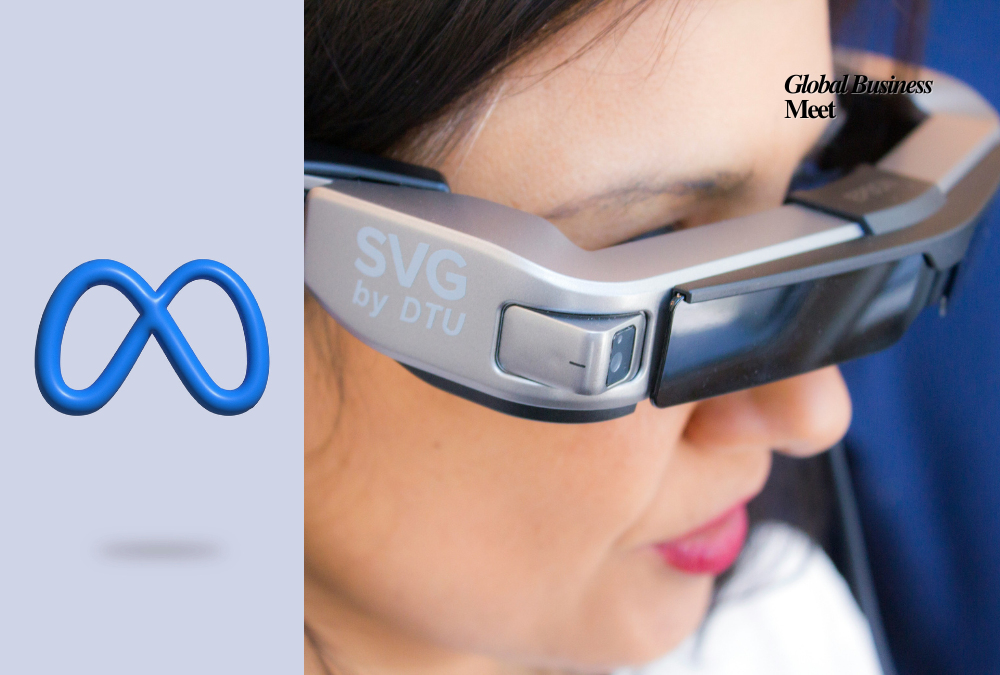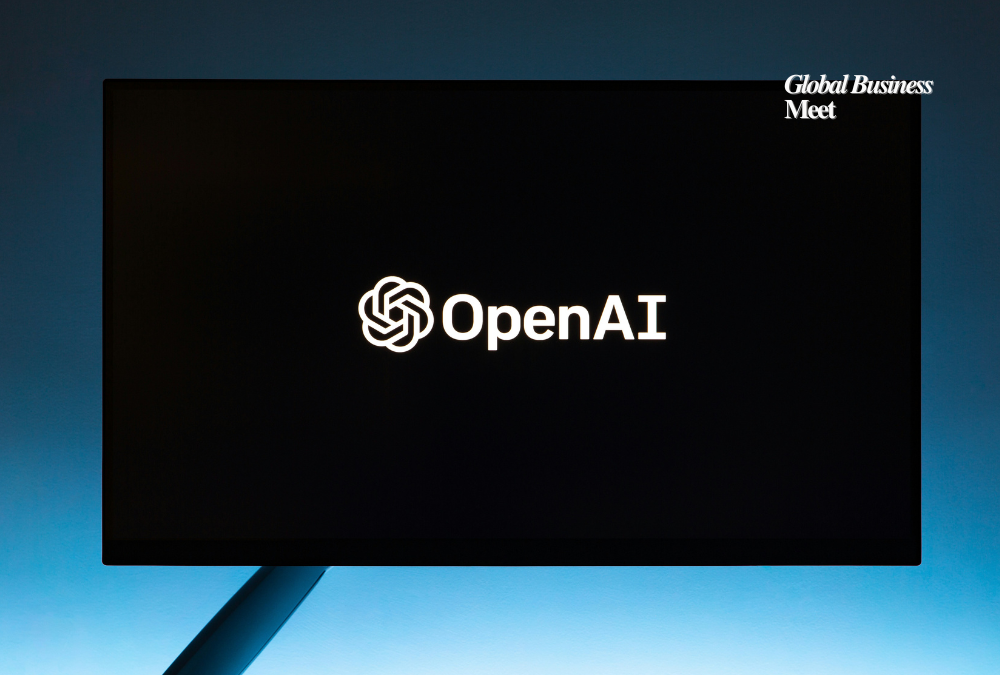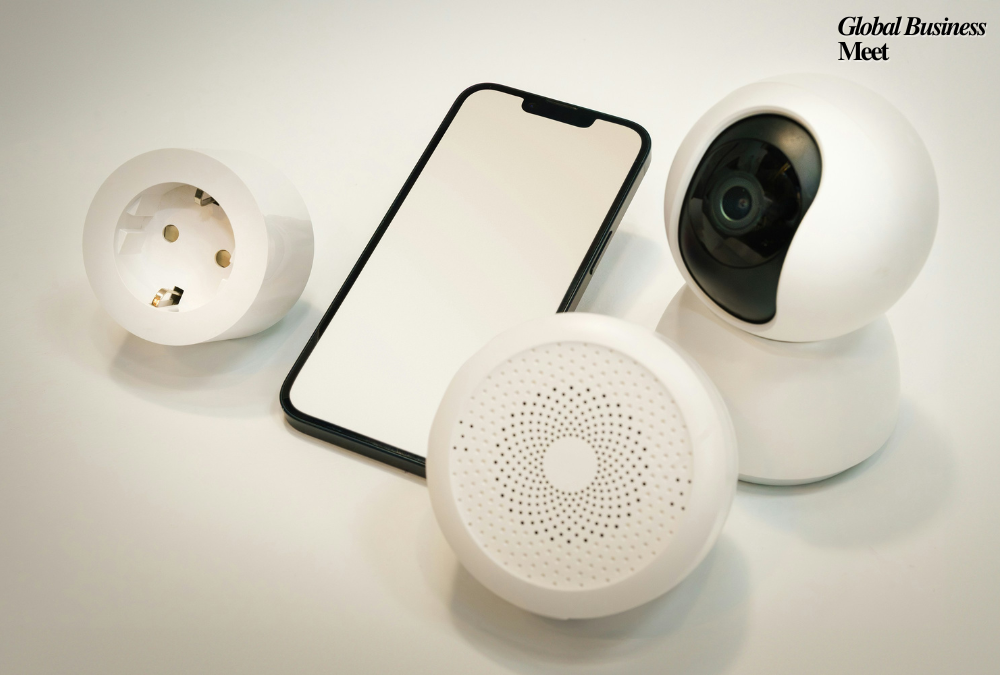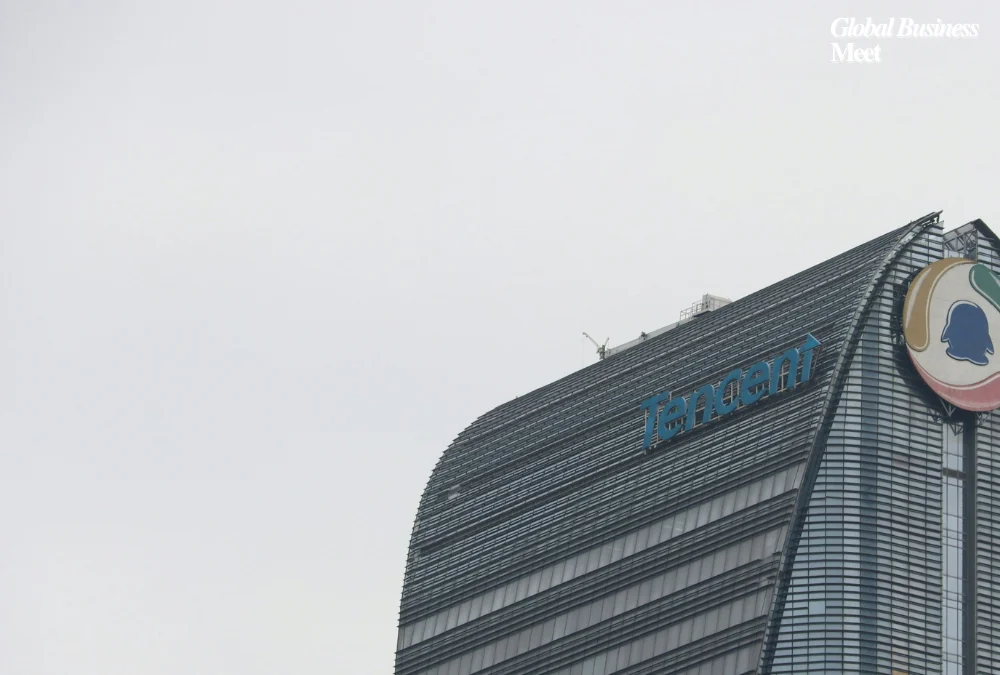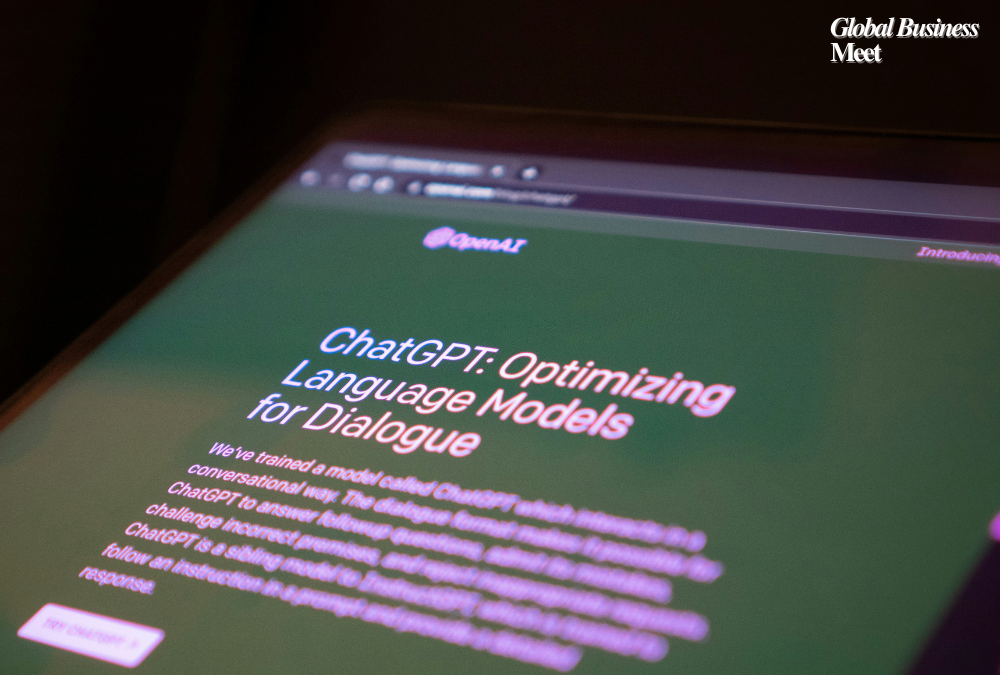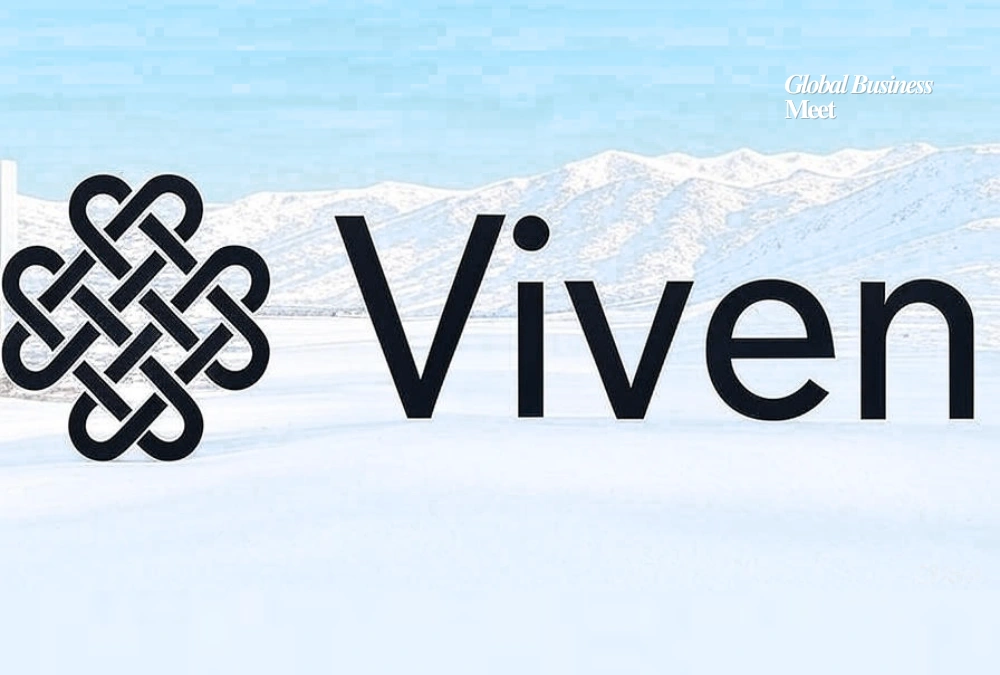
Ashutosh Garg and Varun Kacholia, the co-founders of Eightfold, the AI recruiting platform last valued at $2.1 billion, have introduced a new venture called Viven, an AI digital twin startup designed to change how employees access information from unavailable co-workers. The company has emerged from stealth with $35 million in seed funding from Khosla Ventures, Foundation Capital, FPV Ventures, and others.
The idea behind Viven is simple but powerful. In many workplaces, productivity often slows when team members with crucial information are unavailable because of time zones, vacations, or meetings. Viven aims to solve this by building a specialized large language model (LLM) for each employee that acts as their digital twin, capable of answering work-related questions even when they are offline.
“When each and every person has a digital twin, you can just talk to their twin as if you are talking to that person and get the response,” said Ashutosh Garg in an interview with TechCrunch.
How Viven Works
Viven’s AI models integrate with internal company tools such as emails, Slack, and Google Docs to create an employee-specific digital twin that understands ongoing projects and team interactions. Team members can then query a digital twin to retrieve relevant insights or information shared by the original employee.
Privacy and security are central to this innovation. Garg explained that Viven uses a concept called pairwise context and privacy, which ensures information is shared only with authorized individuals. This means the AI knows what data each person can or cannot access within an organization.
To enhance transparency, employees can view the full query history of their digital twin, discouraging misuse and inappropriate questions.
A Complex Problem with a New Solution
“It is a very hard problem to solve, and until recently, it was unsolvable,” said Ashu Garg, a general partner at Foundation Capital.
Viven’s system recognizes context, differentiating between professional and personal data, ensuring that sensitive or private information remains confidential.
The startup’s focus on pairwise privacy gives it a distinct competitive edge, creating a more trustworthy framework for workplace AI interactions.
Adoption and Market Position
Viven is already being used by several enterprise clients, including Genpact and Eightfold itself. Both founders continue to lead Eightfold while also managing Viven.
When asked about competitors, Garg shared that he contacted Vinod Khosla to validate the idea. “Vinod assured me that no one else was doing this and agreed to invest,” Garg said.
While companies like Anthropic, Google (Gemini), Microsoft (Copilot), and OpenAI’s enterprise search tools offer AI personalization, none have yet developed the digital twin model that replicates employee knowledge with privacy-first architecture.
Foundation Capital’s Ashu Garg added, “When Ashutosh described Viven, the big aha for me was realizing this is a horizontal problem across all jobs of coordination and communication that no one is automating.”
The Future of Workplace AI
Viven represents a new step in workplace productivity by making human expertise constantly accessible through AI. With its early traction, strategic investors, and unique privacy model, Viven is positioning itself to redefine enterprise collaboration in the age of AI.
As workplaces become increasingly global and hybrid, tools like Viven could become essential in bridging communication gaps and maintaining workflow continuity, regardless of time or availability.

